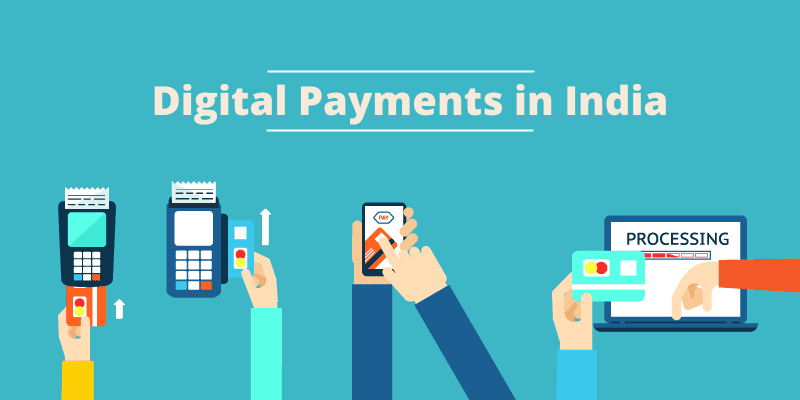Challenges to India’s digital payment scenario

Widespread mobile and internet penetration, a constant demand for faster, secure, and frictionless payments, and newly imposed restrictions by the pandemic have made all the businesses consider modernizing their existing payment framework.
Digital payments have taken over the world by the storm and Government, fintech, and private organizations have started collaborating in order to offer a real-time, low-cost, flexible, robust and multi-currency payment infrastructure.
Advancements in AI, cloud, etc. technologies, uprising new innovations, government-induced new regulatory reforms, multiple demands of increased payments volumes, customer expectations for shorter settlement times, and ongoing pressure to reduce payments costs are playing important roles in accelerating the adoption multi-fold.
But at the same time, certain challenges like cyber fraud, infrastructure, awareness, adoption in tier 3, 4 cities, and transaction costs need to be overcome in order to fully utilize the potential of digital payments.
Here are some challenges that would require collective intervention,
Connectivity Issues –
Regardless of the wide internet and mobile penetration across India, not everyone is able to get seamless and uninterrupted connectivity.
Digital payments are highly dependent on connectivity, but to date, secure and seamless internet connectivity across India is still a big challenge.
There is also a network connectivity problem in remote locations and not all telcos work in all locations
Rural adoption –
Around 70% of the total population resides in rural India. Unfortunately, issues like digital illiteracy, underdevelopment, lack of infrastructure, etc. pose huge challenges.
Despite the growth in the post-demonetization period and during the pandemic, the rural population is unable to access the basic facilities due to a lack of proper infrastructure.
Digital empowerment of rural areas is essential to bridge the digital gap.
Considering this, government, fintech, and other organizations have launched many initiatives to facilitate digital empowerment.
Read about Lyra’s last-mile connectivity solution for rural India
Lack of awareness among small merchants- Lack of awareness about how digital payments work is common among small merchants.
And the cumbersome dispute management process encourages them to not opt for digital payments.
The language barrier is also one of the important points that need to be considered as most of the time payment confirmation, invoices, and charge slips are in the English language.
In some cases understanding the legal implications of the content that is more or less technical in nature. Can be difficult to comprehend for small and local merchants. These reasons can reduce their trust in digital payments.
Cyber fraud – One of the most important and fatal issues. According to a report, around 52% of people don’t know how to protect themselves from cyber fraud and crime.
With the lack of public awareness and inadequate investments into security technology, people fell into cybercrimes. Thus it reduces their trust in digital payments.
Tightening reforms, robust infrastructure, and quick disposition of fraud cases with strict penalties along with customer and merchant awareness can help to reduce cyber fraud.
For the above and many more challenges, many organizations, fintech, and the government are working separately or in collaboration to offer a seamless and secure digital payment experience by creating new and secure solutions, adding new reforms, and conducting public awareness campaigns.
Want a secure and frictionless digital payment solution for your business? Opt for Lyra!
For more than a decade, Lyra is established as a leader in securing e-commerce and proximity payments in India.
With a tailor-made solution that is unique for your business.
Lyra acts as a trusted payment partner for all online payment requisites.
Get on board with Lyra today!
Follow Lyra India for more updates.


